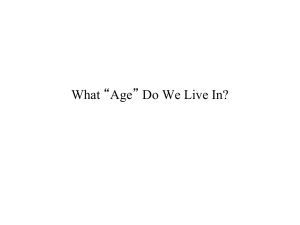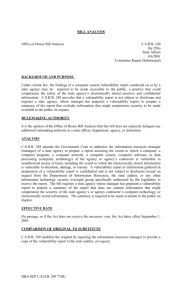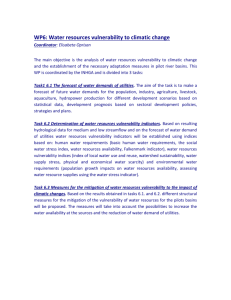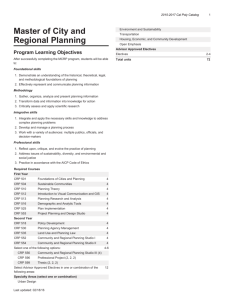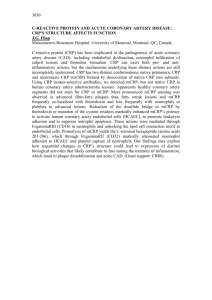Comprehensive Rehabilitation of Patients with Mycordial Infarction
advertisement
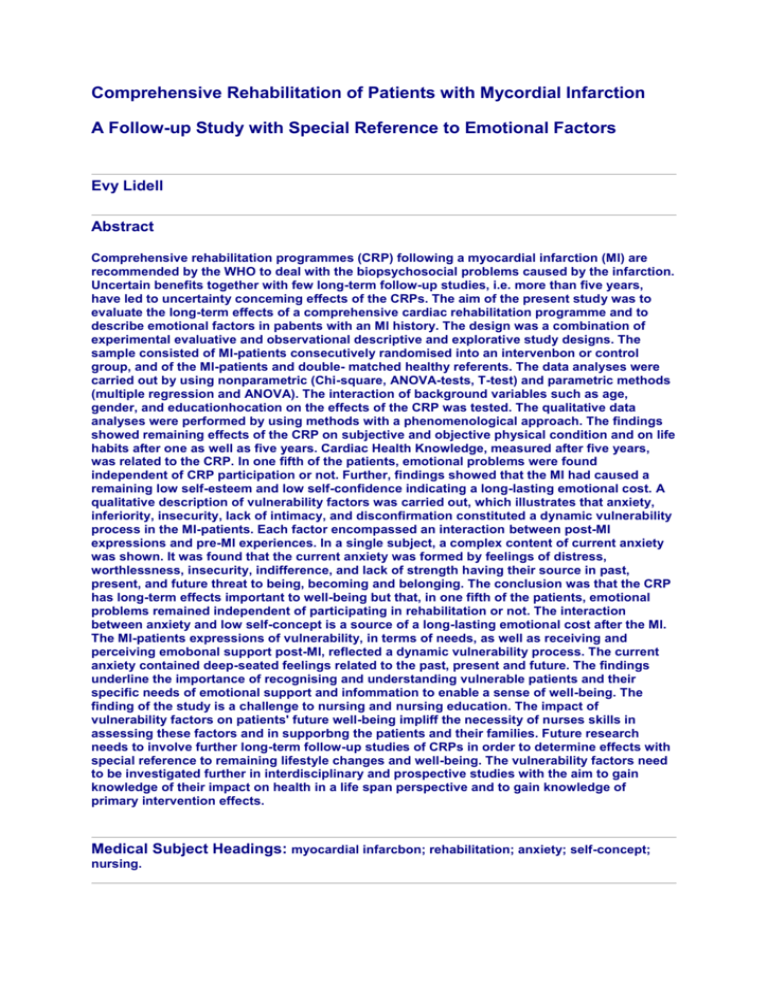
Comprehensive Rehabilitation of Patients with Mycordial Infarction A Follow-up Study with Special Reference to Emotional Factors Evy Lidell Abstract Comprehensive rehabilitation programmes (CRP) following a myocardial infarction (Ml) are recommended by the WHO to deal with the biopsychosocial problems caused by the infarction. Uncertain benefits together with few long-term follow-up studies, i.e. more than five years, have led to uncertainty conceming effects of the CRPs. The aim of the present study was to evaluate the long-term effects of a comprehensive cardiac rehabilitation programme and to describe emotional factors in pabents with an Ml history. The design was a combination of experimental evaluative and observational descriptive and explorative study designs. The sample consisted of MI-patients consecutively randomised into an intervenbon or control group, and of the Ml-patients and double- matched healthy referents. The data analyses were carried out by using nonparametric (Chi-square, ANOVA-tests, T-test) and parametric methods (multiple regression and ANOVA). The interaction of background variables such as age, gender, and educationhocation on the effects of the CRP was tested. The qualitative data analyses were performed by using methods with a phenomenological approach. The findings showed remaining effects of the CRP on subjective and objective physical condition and on life habits after one as well as five years. Cardiac Health Knowledge, measured after five years, was related to the CRP. In one fifth of the patients, emotional problems were found independent of CRP participation or not. Further, findings showed that the MI had caused a remaining low self-esteem and low self-confidence indicating a long-lasting emotional cost. A qualitative description of vulnerability factors was carried out, which illustrates that anxiety, inferiority, insecurity, lack of intimacy, and disconfirmation constituted a dynamic vulnerability process in the MI-patients. Each factor encompassed an interaction between post-MI expressions and pre-MI experiences. In a single subject, a complex content of current anxiety was shown. It was found that the current anxiety was formed by feelings of distress, worthlessness, insecurity, indifference, and lack of strength having their source in past, present, and future threat to being, becoming and belonging. The conclusion was that the CRP has long-term effects important to well-being but that, in one fifth of the patients, emotional problems remained independent of participating in rehabilitation or not. The interaction between anxiety and low self-concept is a source of a long-lasting emotional cost after the Ml. The MI-patients expressions of vulnerability, in terms of needs, as well as receiving and perceiving emobonal support post-MI, reflected a dynamic vulnerability process. The current anxiety contained deep-seated feelings related to the past, present and future. The findings underline the importance of recognising and understanding vulnerable patients and their specific needs of emotional support and infommation to enable a sense of well-being. The finding of the study is a challenge to nursing and nursing education. The impact of vulnerability factors on patients' future well-being impliff the necessity of nurses skills in assessing these factors and in supporbng the patients and their families. Future research needs to involve further long-term follow-up studies of CRPs in order to determine effects with special reference to remaining lifestyle changes and well-being. The vulnerability factors need to be investigated further in interdisciplinary and prospective studies with the aim to gain knowledge of their impact on health in a life span perspective and to gain knowledge of primary intervention effects. Medical Subject Headings: myocardial infarcbon; rehabilitation; anxiety; self-concept; nursing. National Library of Medicine Classification: VW 300, WY 152.5 ISBN 951-781-639-1 ISSN 1235-0494 Department of Primary Health Care, Göteborg University, Vasa Hospital, S-411 33 Göteborg, Sweden.T




